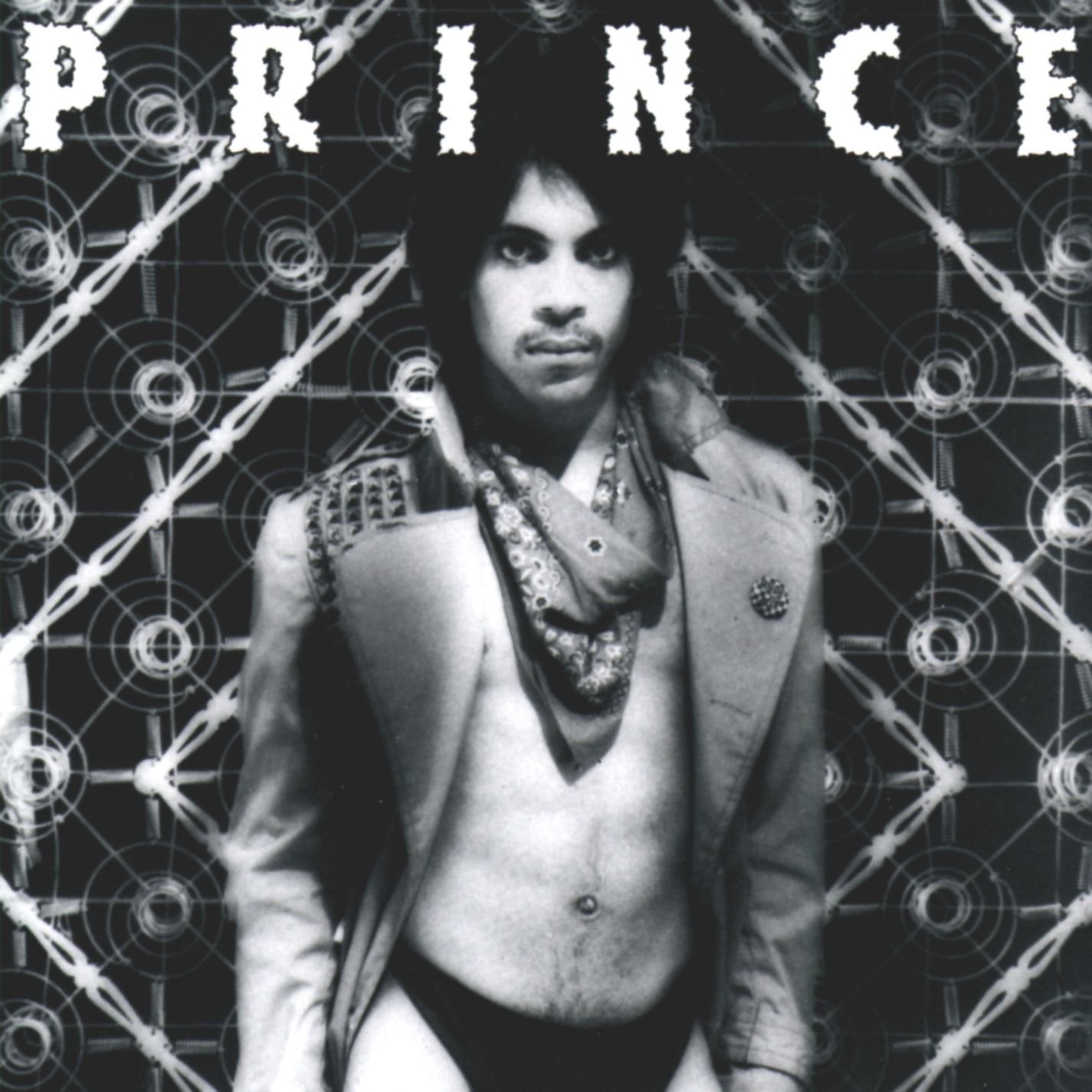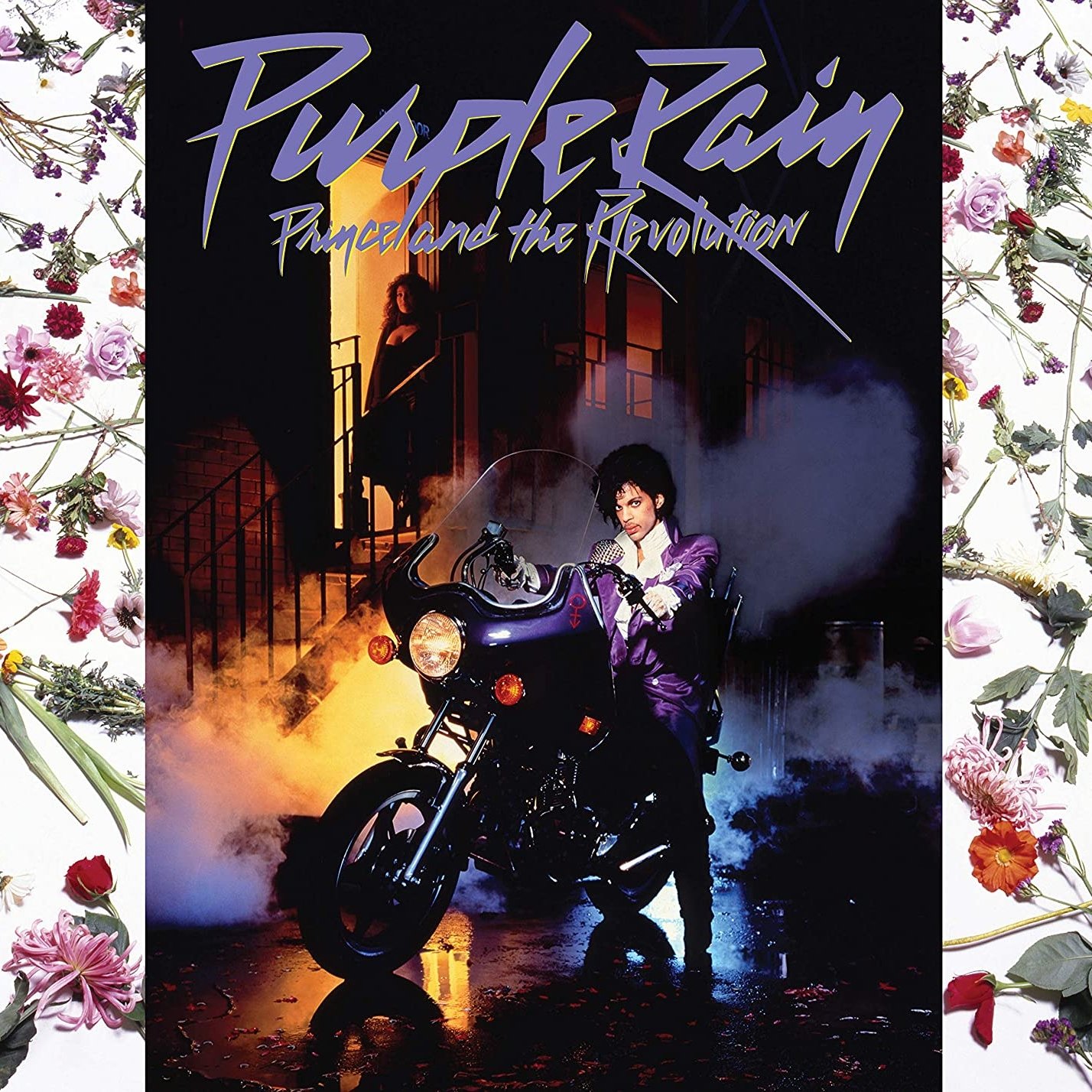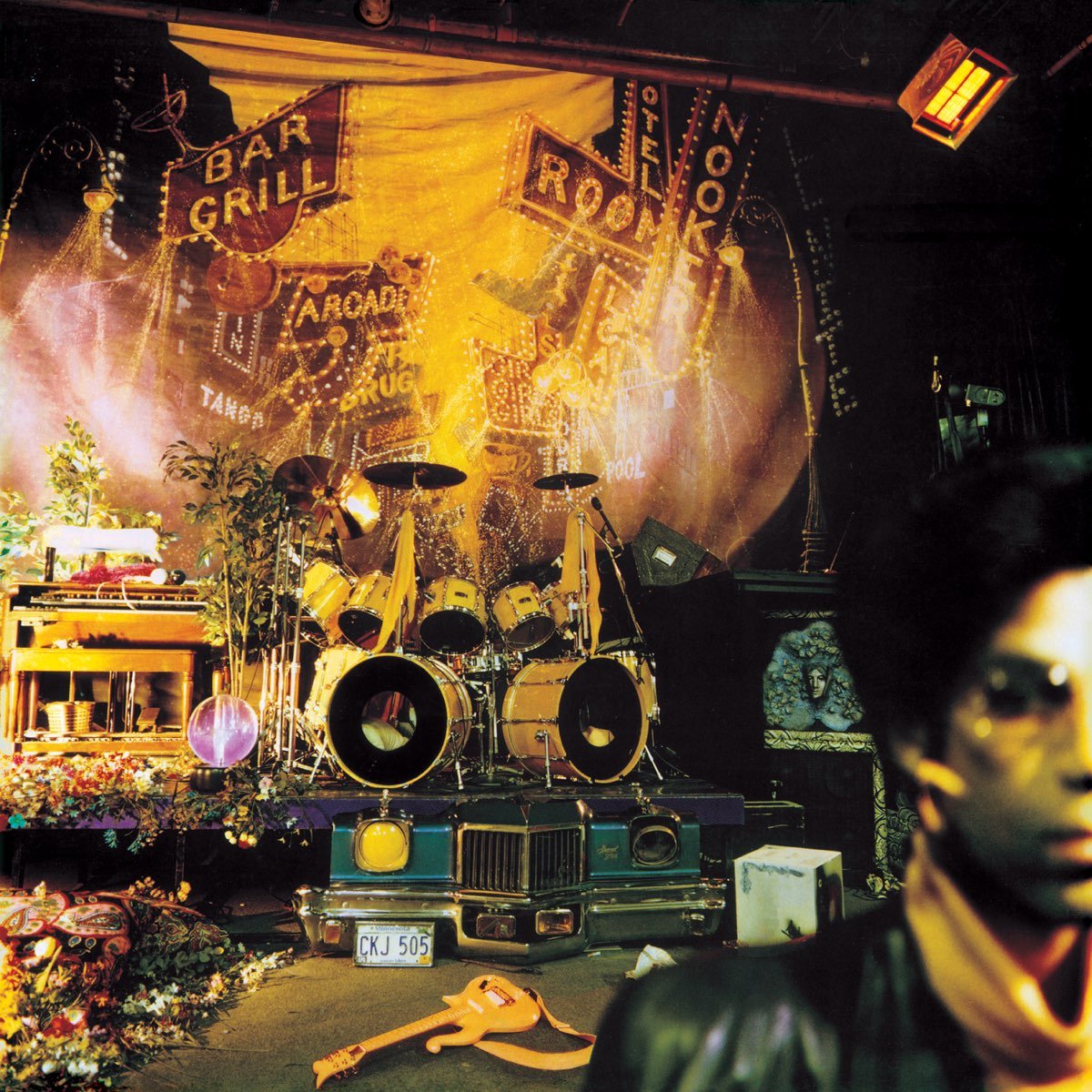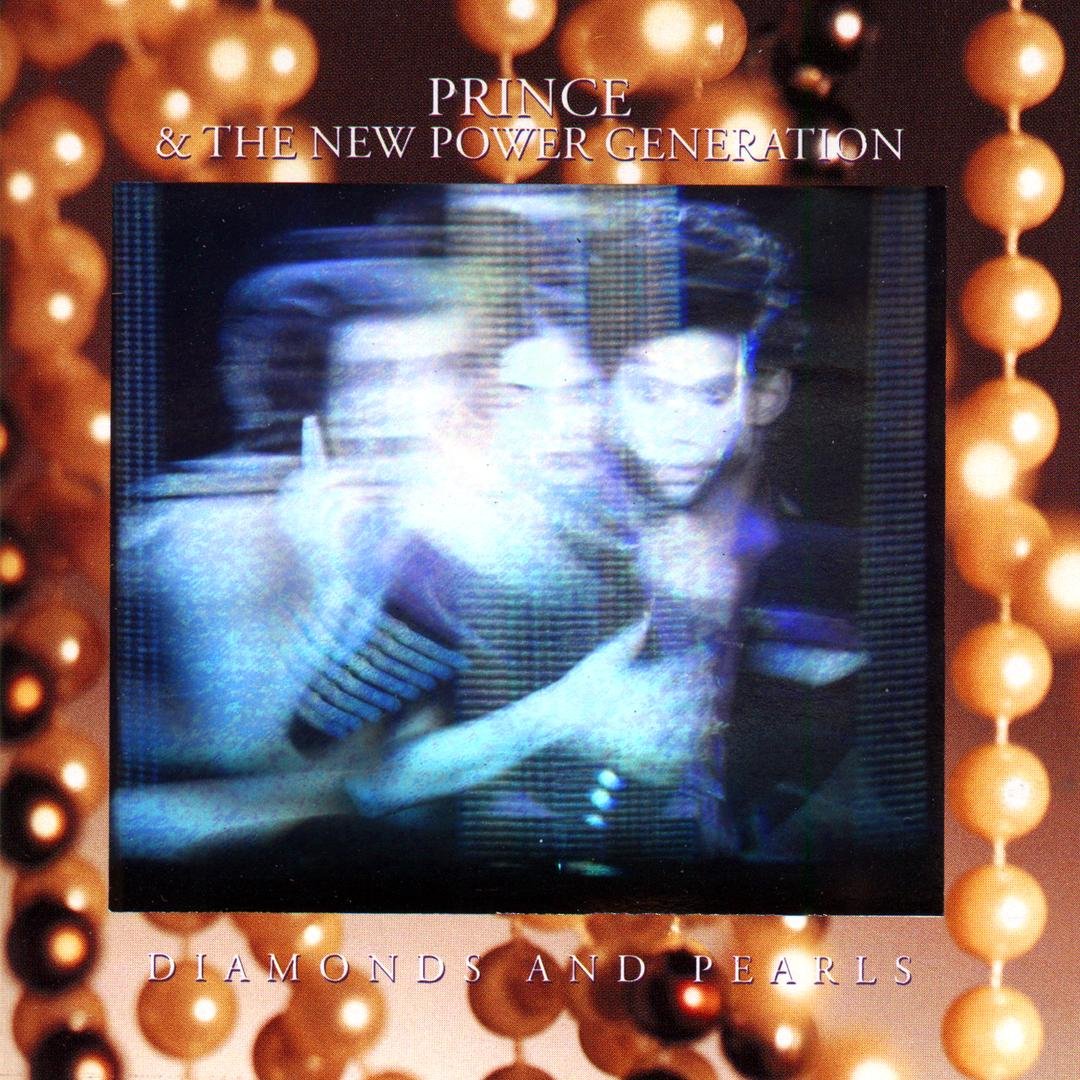Happy 45th Anniversary to Prince’s debut album For You, originally released April 7, 1978.
Writing this piece is considerably easier than it would have been 5 years ago thanks to the posthumously released memoir The Beautiful Ones written by Prince with the help of Dan Piepenbring. Released in late 2019, it is the story of the genius’ life and work straight from the horse’s mouth—a thing mainly unheard of (beyond his lyrics) for the notably media-shy legend.
Writing this is also tinged with considerable sadness though. That word—“posthumously”—seems so completely ill-fitting for an artist with such dynamism and intense creativity. Surely, I should be writing this against a backdrop of his most recent shenanigans with the added context of a new album to draw comparisons with this one, his debut?
The Beautiful Ones is, of course, a depressingly short book since it never saw its conclusion—a project cut short by the traumatic premature death of the artist. But its pages offer so much about his early life and work that much of what I will signpost will come from his own mind—a primary source of the most incredible kind.
Like all of us, the seeds of his life were sown in his early years. It’s well documented that his parents had a turbulent marriage that ended during Prince’s formative years, but his earliest memories of both (outlined in The Beautiful Ones) shine a light on how and why he developed in the way he did. He talks of his first memory being of his mother’s eyes and “the fun and mischief they promised”—the same fun and mischief his eyes twinkled with throughout his career. And his father’s piano playing was the first sound he remembered—a joyous sound that Prince would replicate countless times over his vast, storied career.
When the marriage ended Prince was 7 years old and he explained he “just wanted peace. A quiet space where I could hear myself think and create.” It would take some time to achieve that with his Paisley Park home/complex completed in 1987, but it also explains his unwillingness to leave the city he grew up in and shift to more usual climes for a star of his stature.
Although Prince was only 19 years old when For You was released, it was clearly a long time in the making. In Prince: Stories from the Purple Underground by Mobeen Azhar, Sonny Thompson recollects a memory of 13-year-old Prince, explaining, “When he was 13 he was already a great guitar player and he could really sing. We’d compete with what we could come up with. He played me this one song he’d written and it had so many changes in it. They were all so beautiful. I thought, ‘Oh my God, man! I’m not playing you my stuff!’”
Listen to the Album:
Thompson, a long-time musical companion, could also see the reason people would come to bestow the expectation of greatness upon Prince. “There’s a difference between being a great keys player, a great singer, or whatever and being an actual musician,” he says. “That’s how he was different. He already knew what the whole sound should be.”
Perhaps Prince himself was not quite as convinced of his powers (at that point) as an interview with Insider revealed. School had become “a real drag,” but at 17 he was frustrated as a High School graduate because he didn’t know how long he could pursue the music and put food on his table. For someone renowned for their later ebullient confidence and stubbornness, it’s enlightening to realize that it wasn’t always thus.
Another who shared Thompson’s belief in Prince was Owen Husney who became Prince’s first manager when he was 18. In an interview with Musician magazine in 1983, Prince showed appreciation for that faith. “Owen believed in me, he really did, he shared. “The main thing he said to me was that no one should produce a record of mine—I should do it.”
That belief would eventually rub off on Prince by the time record labels started circling the prodigiously talented teenager. In the spring of 1977, Husney met five labels. Two passed, but Warners, CBS/Columbia and A&M all expressed an interest in taking Prince on. On June 25th of that year, as a fresh-faced 19 year-old, Prince signed to Warner Brothers with the almost unprecedented clause that he would produce his own debut album. The six-figure deal was one of the largest for a new act and almost every single cent of it would be used in the process of recording the debut album, For You.
The Record Plant in Sausalito, California became the main base for the recording sessions and working there allowed Prince to meet heroes Sly Stone, Chaka Khan and Carlos Santana along the way. But it was not without frustrations for Prince. Being the stubborn kind of fellow he was, he found working alongside Tommy Vicari (an experienced producer and engineer) not to his taste. Tommy could find shortcuts, where Prince didn’t want any. Instead, a painstaking 5-month process became an exhausting experience because of his dogged determination to play all of the instruments, as he explained to the Minneapolis Tribune in 1978. “I think the main reason artists fall when they try to play all the instruments is because, either they can’t play all the instruments really well—there is usually a flaw somewhere—or they don’t play with the same intensity with each track,” he explained. “Every time you go into the recording booth, you have to play like it’s your only shot.”
But by February 1978, it was finished. Finished, but having taken up almost all of the proposed budget for his first three albums at $170,000. And the end result of this intense recording and life experience? Nearly every single fiber of Prince’s future greatness is on show here, but in ways that are not always entirely fully formed or developed or necessarily in sync with each other.
Enjoying this article? Click/tap on the album covers to explore more about Prince:
As opening salvos go though, the divine choir of Prince in multi-tracked falsetto nirvana on the title track is, frankly, taking the piss—it’s a big, bold “fuck you” to the industry who doubted the veracity of his claims on production duties. At the other end of the album is a prime example of his dexterous guitar work that shines even at such a young age. I am in no way qualified to talk about the technical quality of his guitar work, but I can say that I feel his guitar playing in a way I seldomly do with others and that quality is evident on “I’m Yours.”
The first single of his career was “Soft and Wet” and it sits nestled in the middle of the album oozing playful sexuality. It’s easy to see why this was selected as the lead single—its squelchy funk-pop gives a chance not only for his already showcased falsetto but the odd moment of lower pitched vocal to shine too. It managed to reach #12 on the soul chart and #192 on the pop chart—hardly earth-shattering but enough to propel the album to #21 on the soul chart and #163 in the pop rankings.
None of those numbers were what Prince had envisaged for the painstakingly constructed labor of love he’d crafted and, in truth, it’s not tough to see why it didn’t do better. The three songs I’ve mentioned aside, the rest of the album demonstrates potential as yet unfulfilled. While “In Love” manages to be Princely in its melting of romance and sexual innuendo (“I really wanna play in your river”), the music is pretty insipid.
For all that “Crazy You” has a sweet, whimsical acoustic feel, “Baby” is overwrought and saccharine in its musical approach and “So Blue” drags on without ever really going anywhere special. The same can be said for the opening of “Just As Long As We’re Together,” but the second half of that gets much more interesting—it gets funkier and nastier musically, making it much more in keeping with what would follow in Prince’s career.
The key point here though, is that that was enough to let Warners know they had a serious talent on their books and its moderate success filled Prince with the desire to improve next time, thus fueling his much better self-titled second album Prince (1979). In these days of instant gratification in parts of the music industry, it’s easy to forget sometimes that it took the towering genius of Prince a handful of albums to reach his dazzling peak across a whole project. There are undoubtedly moments of it here, especially on the cocksure swagger of “I’m Yours,” but it is not sustained across the album.
Ultimately, this album is the sound of musical seeds germinating in the fertile ground of Prince’s mind—not all the constituent parts are growing at the same rate or unfurling in all their glory yet, but they are there nonetheless, burrowing away on the verge of becoming something beautiful.
The stubbornness and egotism that he became famous for ensured he improved and it even subsumed the egos of his future bandmates. In Matt Thorne’s book Prince, Gayle Chapman’s words on the subject shed light on what it meant to be Prince and in his immediate sphere. “We were all young, egotistical and in it for ourselves, she explains. “And we realized that once you’re in Prince’s band, you’re in it for Prince, whether you wanted it yourself or not.”
That singularity of purpose is what shaped his career and For You demonstrates it ably.
LISTEN:





